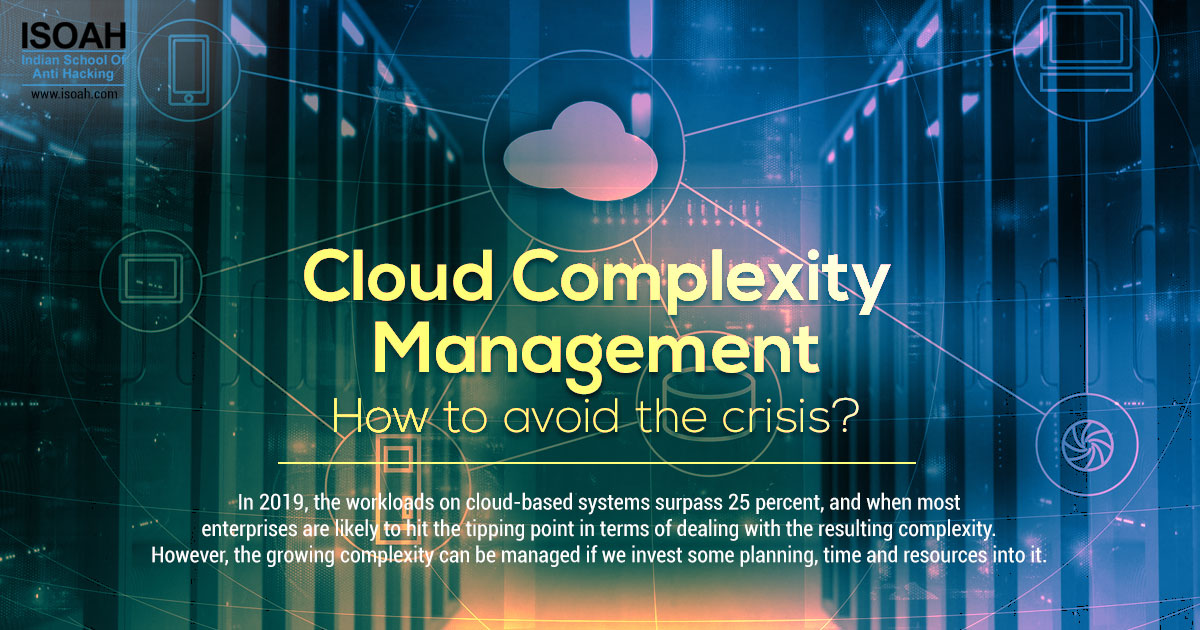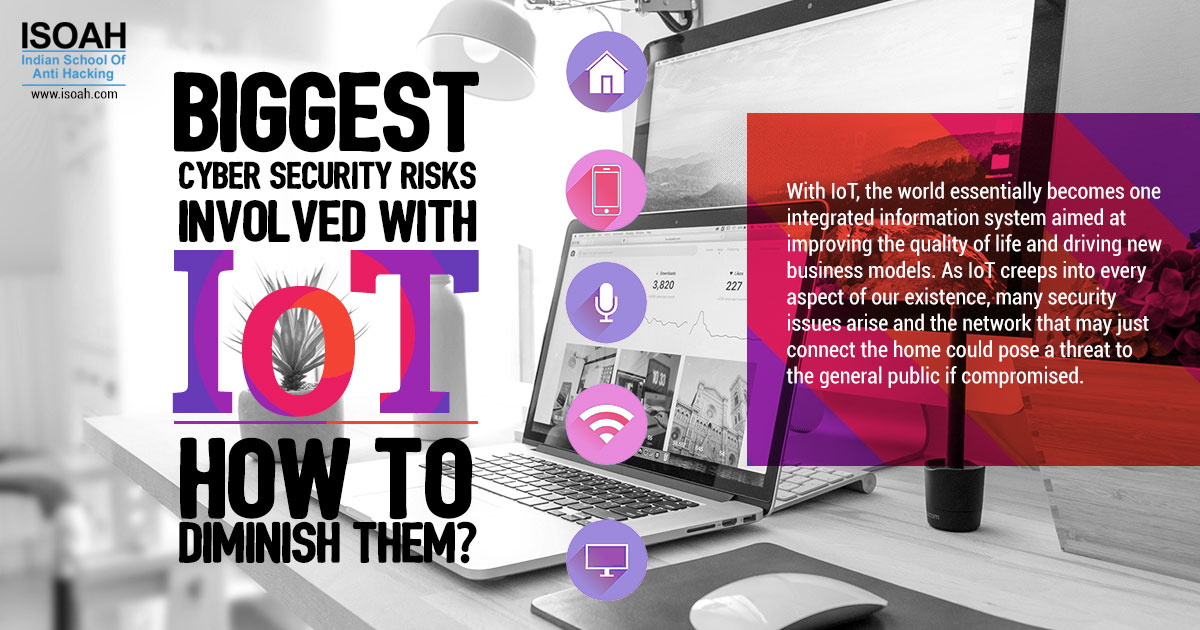5 Common Digital Transformation Mistakes to Avoid
Article: Digital Technologies

Kodak was one of the pioneers who introduced cameras into global market. The company that dominated the mainstream market in 20th century declared bankruptcy in 2012. They failed to keep up with the changing identities and needs of their customer and couldn't apprehend the expectation from them. Where Kodak failed to create new 'need' for customers, other digital technology brands embraced the change in consumer perception. Those who embraced the change won hearts with their new technology and approaches while Kodak succumbed to the inevitable force of 'Digital Disruption'.
So, what is exactly Digital Disruption?
Innovation in new digital technologies, business models has the power to affect the value of existing products and services offered in the industry. Digital Disruption is the transformation that is caused by emerging digital technologies. The term 'disruption' is often regarded in a negative sense where in reality, it can only turn out to be negative for those who choose to ignore or resist its inevitable force - as Kodak did.
Now businesses are not only embracing the new wave of digital disruption but adopting strategies to implement it as they can see it as a key to unlock exponential growth. Companies are focusing more on applying technology to improve their efficiency and increase competitiveness. And digital disruption typically marks the changes in consumer needs and therefore, embracing it will allow the businesses to understand the emerging needs, keep the existing consumers happy by fulfilling these and create new opportunities for the business.
Digital Disruption has a lot to offer – strengthening customer relationships, creating new revenue opportunities, streamline costs etc. However, these benefits will be enjoyed when transformations are managed and implemented perfectly.
But doing a complete overhaul of business processes is not an easy task and there are a lot of potential mistakes that must be avoided along the way:
1. Setting short-term goals:
Change is the only constant and digital transformation is an ongoing process of adapting the change. Consumer needs and expectations can never be static and so, it can never be treated as a box-ticking exercise with a completion date. The focus should be achieving long term goals with strategic vision. For that businesses need to be clear about the key deliverables and desired outputs of the transformation. New registrations on digital platforms or improved online engagement levels are better ways of measuring an organization's digital transformation success. Digital transformation demands of you to look at the bigger picture in order to ensure lasting benefits.
2. Adapting technology in a wrong way:
Investing in wrong technology can take a heavy toll financially on any business. Digital disruption not only means being distracted by latest technology, vendors or consultants. Invest on technology where it matters to drive effectiveness and accelerate change. Businesses often make a mistake to think that digital disruption is all about deploying new technology whereas, technology is the only the enabler of change. The strategy of digital disruption should always be focused on improving customer experience and technology will just help in its implementation.
3. Leaving a gap in system integration:
Companies need to invest good amount of time and effort before the transformation begins. As Digital Transformation affects the whole value system, it is important to consider the upstream and downstream impacts of changing the processes. The process of implementing the changes should not come as a shock to the employees. Before the transformation begins, it is important to draw up a plan and desired outcomes – so that everyone has clear idea about how to proceed with it and there is no confusion to avoid wastage of time and money for revisions on the newly implemented changes. Effective integration involves processes and people. If a single gap is left in system integration, people will find a manual workaround and this will affect the outcome. Businesses often forget to put emphasis on data quality and integration as much as system implementations. "Properly managed, controlled and quality data creates the foundation for a digital future." - Mr McGrail of Harlex Consulting.
4. Communication gap within the team:
Everyone's role in supporting the digital transformation should complement the others and benefit the pursuit of the strategic goal. Digital transformation needs top to bottom communication along with board level support. Companies often believe that the deployment of a digital transformation strategy is limited to the IT department and marketing but in reality, the successful transformation should involve the entire organization. If the people who are responsible to deliver the project don't actually understand the vision and purpose of the changes, then the whole process gets futile. Throughout the transformation journey, it is important to seek feedback from the customers and maintain proper communication with the employees to run the process of implementation smoothly.
5. Moving too fast:
Digital disruption is a complicated and delicate process where lots of strategies, planning and hard work involved. Sometimes, the transformation tends to inspire a particular urgency in some companies. When the transformation is taking place, all the systems and processes should run smoothly without hampering the day to day activities of the company. The transformation should be done in manageable steps and not massive swoops that can cause chaos. Transforming the entire process and practices in a company too quickly might lead to lot of mistakes and confusion.
Final thought:
Any change is difficult to accept. Digital disruption needs proper roadmap where the organization needs to be transformed to thrive in the industry. Not all the aspects of a company need transformation. Digital transformation requires a significant downpayment and so businesses often consider digital transformations as a huge expense and not an investment. This thought process might hinder the process as it will become stagnant whenever the budget will exceed. Companies should utilize their IT department leaders for technical expertise, operational teams to implement the projects and marketing department for branding, promoting and selling the digital initiatives and the path of conquering digital transformation will be a cakewalk.






















